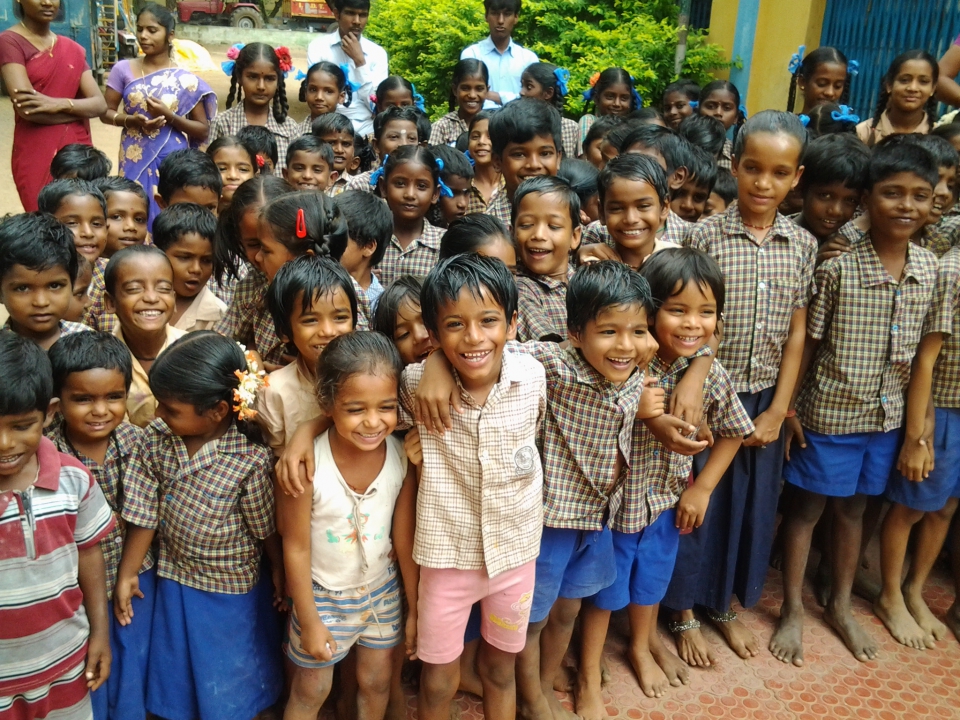IRDT has been operational in the integrated Dharmapuri district (which was later split into the districts of Dharmapuri and Krishnagiri) since 1992. IRDT presently has a presence through 400 SHGs in these two districts; and works across both these two districts through Government-sponsored disability interventions, 100 farmers in 10 villages, and 45 women through 3 ancillary units that make watch straps and deburring for Titan Watches. IRDT works with climate-vulnerable rural communities in the semi-arid regions in North-West Tamil Nadu with a special focus on small and marginal farmers; people with disabilities; women and the girl child. Towards this framework, IRDT focuses on micro credit; health camps; disability interventions; vocational training and placements for vulnerable groups such as PWDs, widows, single parents; ancillary units for Titan Watches; NRM through tree plantations and the promotion of kitchen gardens; training of women in governance and financial management; and organic cultivation.
IRDT has always believed that water is central to life and to development. This belief was articulated in its early days through digging of open wells and bore wells for drinking water, watershed development, rejuvenation and deepening of existing ponds, excavation of new ponds, rain water harvesting structures and soak pits. IRDT has now extended its belief about the centrality of water by building a dual track intervention in one Gram Panchayat in which it will introduce water conservation as a major focal area for its MGNREGA resources, while leveraging government services for social welfare, entitlements and village development to integrate water with the draft SDGs that are currently under discussion. With the goal of leveraging water conservation to organise climate vulnerable communities to become climate-neutral, influencing their local governments to invest in water, and creating a model that can be replicated by other corporate bodies in the Hosur industrial area, the IRDT-HUL partnership will ensure that all households in the Gram Panchayat adopt as near to 100% of the climate adaptation milestones by accessing resources and assistance from the project, government, financial institutions, other NGOs, community and themselves, and to monitor this adoption through Community-guaranteed Adaptation Units issued under the CNV (Climate-Neutral Village) initiative. This complements the organisational vision of ensuring that the Poor and Marginalised are treated equally with dignity, respect and rights.
MAJOR INTERVENTIONS
Self-help group, health care, innovation centers, skill development, Natural Resource Management.

